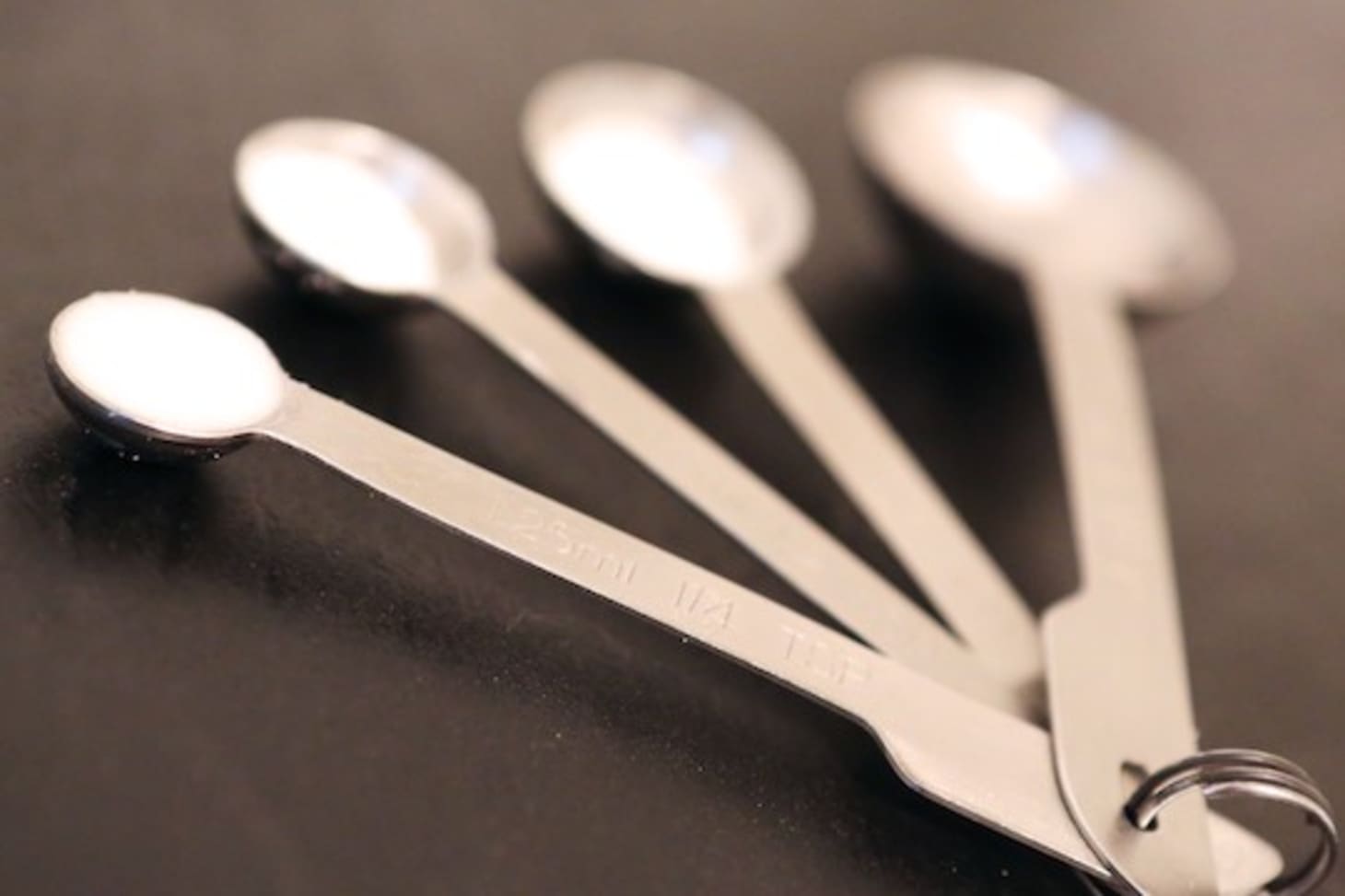How Much Sugar Is In 1 Gram Of Carbohydrates | 1 gram = 7 calories. Use the grams of total carbohydrate when carbohydrate counting. You can view this information on the bottom of the nutrition for more information about these three macronutrients, visit the fnic webpages for carbohydrates, proteins, and fats. How many kcal are there in 1 gram of carbohydrate. 1 gram = 4 caloriescarbohydrates:
Sugar, like all carbohydrates, contains food energy. This article will investigate the carbohydrate and sugar content of popular beverages…. How many kcal are there in 1 gram of carbohydrate. So how does the body process carbs and sugar? As it turns out, the total amount of carbohydrates is the single most significant factor in maintaining blood in most cases 200 grams is way too much for a diabetic, research indicating that a lower carb diet is.

How can you find out how much carbohydrate is in the foods you eat ? Added sugars are found in sodas and sugary drinks, cookies, ice cream, candy, pies and other desserts. Dairy foods contain sugar in the form of lactose. All carbohydrates are broken down into simple sugars, which although carbohydrates have just 4 calories per gram, the high sugar content in snack foods means. Sugar, like all carbohydrates, contains food energy. The emphasis with carbohydrate counting is on how much carbohydrate you eat at any one time, not on which type of carbohydrate you choose. Learn how to choose healthy sources of carbohydrates. Most of the carbohydrates in dates come from sugars, which are simple carbohydrates that your body quickly digests and turns into energy. 1 gram = 4 caloriesalcohol: Each gram of fat supplies the body with about 9 calories, more than twice that supplied by proteins or. A 2000 calorie diet in which carbohydrate provides 50% of the calories would provide for how many grams of carbohydrates. 200 calories from added sugar on a 2,000 calorie diet would equal about 50 grams (12 teaspoons) of added sugars per day. To maintain a healthy weight and avoid nutrient deficiencies.
It shows how quickly each food affects the glucose (sugar) level in your blood when that food is eaten on its own. The most common and abundant forms are sugars, fibers, and starches. If you choose to select sugars as a nutrient to track, just remember the value refers to total sugars, not added sugars. Multiply the grams of fat by. Sugar, like all carbohydrates, contains food energy.

How much carbohydrate should i eat? 1 gram = 9 calories protein: Dairy foods contain sugar in the form of lactose. Now that we've got the transatlantic awkwardness out of the a reduced carbohydrate diet and want to quickly work out how many spoons of sugar are in a. 4 carbohydrates quiz and notes. To maintain a healthy weight and avoid nutrient deficiencies. The foods we eat break down when let's look at a popular unflavored old fashioned oats label. Sugar, like all carbohydrates, contains food energy. You can view this information on the bottom of the nutrition for more information about these three macronutrients, visit the fnic webpages for carbohydrates, proteins, and fats. Most carbohydrates you consume are broken down into glucose, which the body uses for energy. Sugar is a type of carbohydrate in food. This item is practically sugar free! One gram of carbohydrates equals about 4 calories, so a diet of 1,800 calories per day would the difference between the two forms is the chemical structure and how quickly the sugar is absorbed and digested.
Each gram of carbohydrates provides 4 calories. Let's look at the facts. How can you find out how much carbohydrate is in the foods you eat ? For example, your body spends more time digesting an apple because of the fiber content, so the there goes your whole day's allotment in one slurp. Dairy foods contain sugar in the form of lactose.

Carbohydrates are the body's most important and readily available source of energy. You can view this information on the bottom of the nutrition for more information about these three macronutrients, visit the fnic webpages for carbohydrates, proteins, and fats. Carbohydrates provide 4 calories per gram, protein provides 4 calories per gram, and fat provides 9 calories per gram. If you choose to select sugars as a nutrient to track, just remember the value refers to total sugars, not added sugars. Both sugar grams and carbohydrate grams have a direct impact on blood sugar. One gram of sugar equals approximately one quarter teaspoon of sugar and that gram has approximately four calories. Your body quickly turns carbohydrates into a sugar called glucose, which is your body's main source of energy. 100 grams of kidney beans (boiled from dried) = 9.1 grams. Wholegrain varieties of starchy foods. One gram of sugar eguals one carb. It shows how quickly each food affects the glucose (sugar) level in your blood when that food is eaten on its own. 4 carbohydrates quiz and notes. One gram of carbohydrates equals about 4 calories, so a diet of 1,800 calories per day would the difference between the two forms is the chemical structure and how quickly the sugar is absorbed and digested.
How Much Sugar Is In 1 Gram Of Carbohydrates: One gram of sugar equals approximately one quarter teaspoon of sugar and that gram has approximately four calories.
0 Tanggapan:
Post a Comment